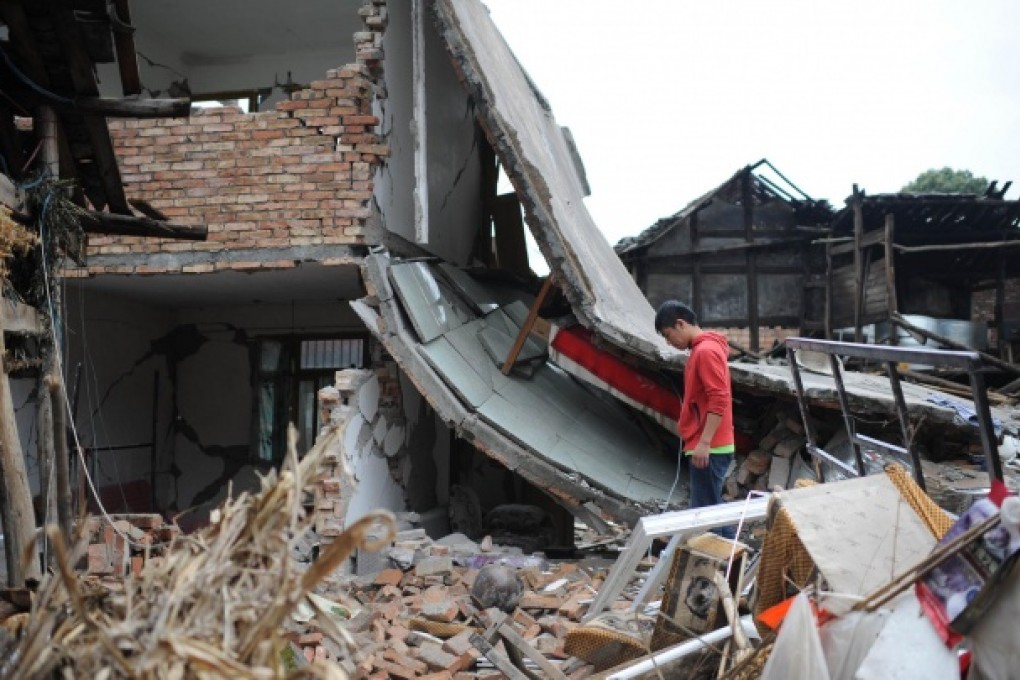
The discussion is ongoing in Hong Kong about whether the government should donate money to victims of the earthquake last month in Yaan , Sichuan .
Some dissenting voices have said the administration should not give the proposed sum of HK$100 million because the money will just go into the pockets of corrupt officials.
I agree that any money should not go through the mainland authorities.
People's reluctance to back this donation has nothing to do with a lack of sympathy for the victims; it is simply because we have lost confidence in mainland officials.
Many of those citizens who suffered from the 2008 earthquake are still living in poverty. A lot of money was donated by Hongkongers to help with the relief work and we have been left wondering where it all went.
The fact is that there are other avenues open to Hong Kong when it comes to donating money to Sichuan, which avoids the authorities over the border.